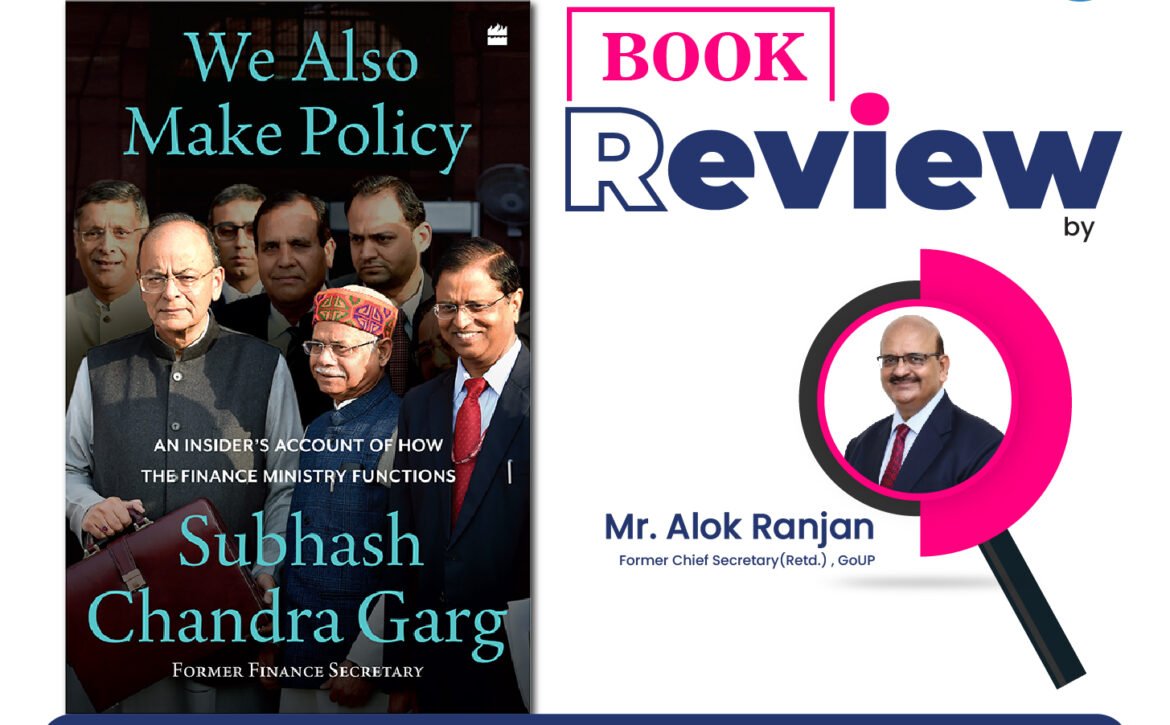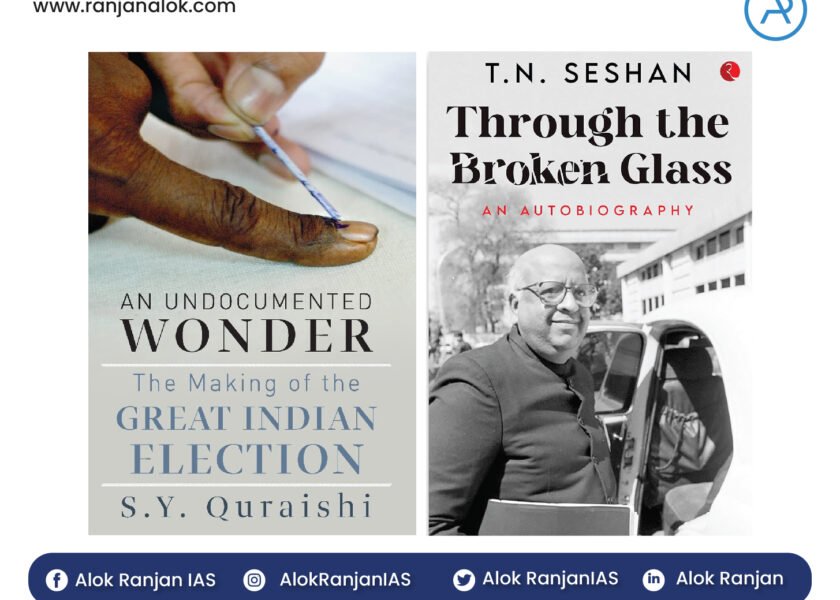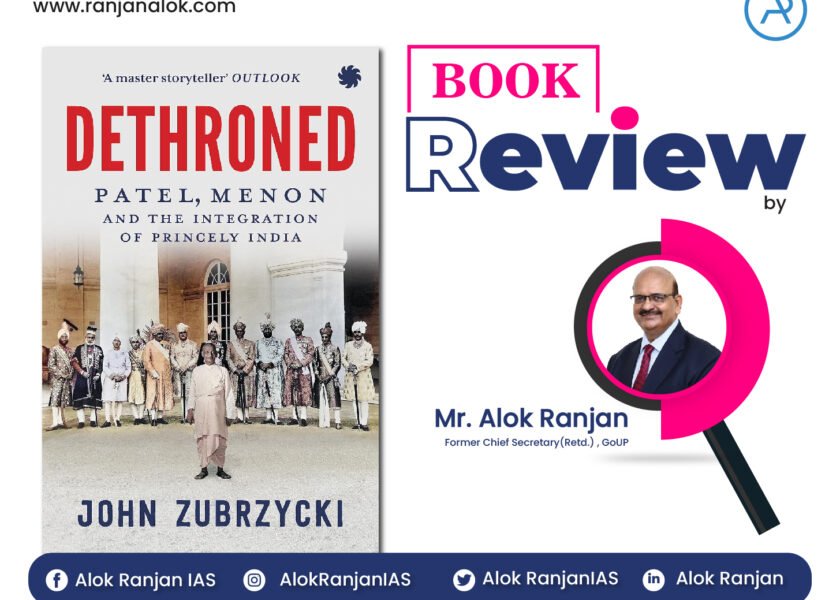“We also make policy” By Subhash Chandra Garg I.A.S RetdFormer Finance secretary

“We also make policy” is exactly what it says in the cover of the book that it is an insider’s account of how the finance ministry functions. Subhash Chandra Garg had a long and varied experience of working in the finance sector. He worked as principal secretary finance in the Rajasthan Government, he was executive director with the world bank and then secretary economic affairs and secretary finance to Government of India. He definitely has the pedigree to talk about issues that the finance ministry handles and the various pulls and pressures that it is subjected to. He has gone in great detail to describe how major economic decisions were taken during his tenure. The tussle between the Reserve Bank of India (RBI) and the finance ministry is very succinctly brought out in both its professional as well as personal aspects. Urjit Patel the then RBI Governor is depicted as zealously guarding the autonomy of RBI but this very concept of autonomy is interpreted differently by the finance ministry and RBI. Personal ego clashes add to the cauldron.
Subhash was initially in support of demonetization but subsequently felt that the initial objective of eliminating black money was not achieved. An interesting snippet seems to suggest that Mr. Arun Jaitly the then finance minister did not have an inkling about the announcement of demonetization though he later fully supported it. Subhash Garg is very much in favour of the electoral bond scheme
which he feels makes the process of donation to political parties more transparent and he is of the view the Supreme Court should not interfere with it.The matter is sub-judice before the Supreme Court and let us see how the honorable court views it.
Subhash is very candid in his appraisal of his colleagues in the finance department and does not mince words about those whose working he did not like. In dealing with issues Subhash comes out as an officer who speaks and writes what he thinks is correct even though it may be against the general thinking around and even contrary to the directions of the top which includes PMO.
The spicy part of the book is about his strained relationship with the new finance minister Nirmala Seetharaman which ultimately led to his transfer from the finance ministry and was the main cause of his seeking voluntary retirement. He had an excellent relationship with the earlier finance minister Mr. Jaitly.
Unless you are very interested in the intricacies of the working of the finance department, certain sections of the book appear to be a little to detailed and do not make easy reading. It is, however, a very welcome and useful addition to public policy literature.




